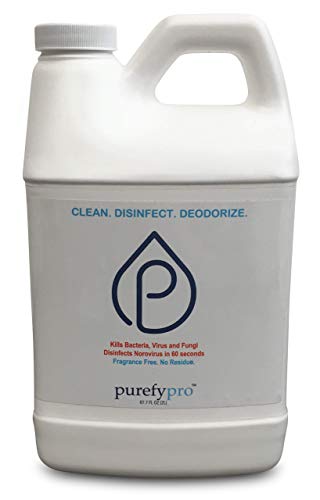Proteus is the genus name of a relatively small group of bacteria consisting of only about four species that can cause disease in humans, although other Proteus species may exist that cause infection only in animals, or which exist in the environment without causing infection in any other organism. Proteus species are generally members of what is known as the “normal flora,” those bacteria that exist harmlessly on and in our bodies. Proteus sp are commonly found in the intestinal tract and sometimes on the webbed skin between the toes. Proteus sp are also commonly found in the environment, particularly in water and soil.
Normal Bacteria and You
“Normal flora” species, such as Proteus usually behaves, can be important contributors to human health. They may help us digest our food and extract nutrients from it as well. And they may also help protect us from harmful infections by crowding out dangerous bacteria, denying them a foothold in tissue and restricting available nutrients. The overuse and misuse of antibiotics threatens these “normal flora” and can actually contribute to illness as much or even more as they help us fight infection. You must never take antibiotics not prescribed to you! You must also be sure to finish any antibiotics you are prescribed even if you feel better before they run out. But also encourage your doctor to be sparing in the use of these drugs in yourself and your children. It is important to be certain that the cause of your illness is actually bacterial, not viral, as antibiotics are useless against viral infections. Also, accurate microbiological testing can identify the best and least destructive antibiotic that will be certain to resolve your infection, provided you have one.
Proteus Illnesses
Proteus sp can, however, certainly cause illness! Most commonly they cause urinary tract infections, especially in women, although they can also infect other body sites and men as well. Over 90% of Proteus infections are caused by P. mirabilis but P. vulgaris can certainly cause infection too. In one study, Proteus ranked in the top five causes of urinary tract infections in the North America and in Europe.
Proteus sp are much more common in individuals with indwelling urinary catheters as this provides a direct route of infection. Proteus sp may also infect other indwelling medical devices such as blood catheters. Proteus sp are very common in residents of long-term care facilities as well as those with other underlying medical conditions that weaken the immune system.
The Stones
Interestingly, Proteus has the effect of lowering the pH of the urine, making it more acidic and this allows for the dissolution of more metallic ions in the urine, especially calcium and magnesium, which can lead to the formation of stones in the kidney, bladder and urinary tracts. These stones can be extremely painful when they move. Some have compared the pain to childbirth.


